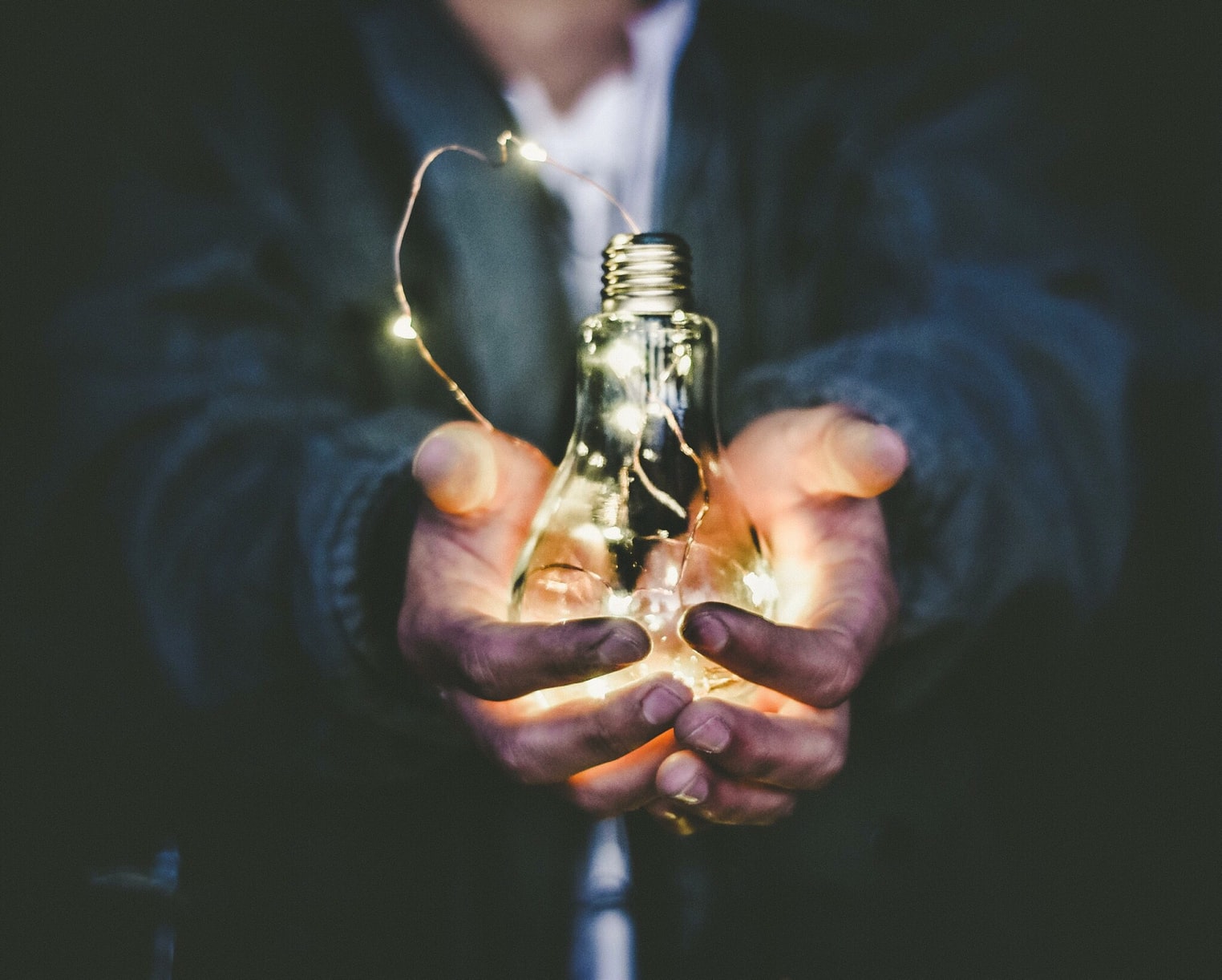Source: Scott Simpson, The Vancouver Sun.: May 5, 2007 pg. L.15
It didn’t take a whole lot of effort for Bernie Lyon to change her electricity consumption habits but the rewards were, in her mind, enormous.
Hydro program shows people are prepared to change their habits.
Lyon is one of about 2,000 British Columbians who took up Hydro’s offer to join a “conservation research initiative” that could fundamentally change the way BC Hydro charges customers for electricity.
Hydro launched the one-year program last November to find out on a small scale if financial incentives and penalties — carrots and sticks — would encourage British Columbians to cut back electricity use.
At stake are billions of dollars of investment in new electricity supply projects, the size of future rate hikes, and significant benefits for the environment — requiring only a minute adjustment in the lifestyle of B.C.’s four million residents.
So far the answer is ‘Yes, they are prepared to change their habits’ — especially if there’s a bit of money at stake.
Full results of the program won’t be known until October, when Hydro renders a report to the B.C. Utilities Commission.
But already, the program is a success — participants cut consumption by five to 10 per cent during the evening hours of the cold, dark winter season that coincides with peak of electricity use each year in B.C.
Power use by Lyon and other participants was tracked in detail.
Hydro installed digital meters to chart minute-by-minute electricity use in participants’ homes.
It charged them up to four times as much as the rest of British Columbia for the power they consumed during peak hours — Monday to Friday from four to nine p.m., from Nov. 1 to Feb. 28.
In peak hours, Lyon paid 28 cents per kilowatt hour to light her home and run appliances, compared to the standard full-time residential rate of 6.9 cents.
The rest of the time, she bought power at the bargain rate of 4.5 cents per kw/h.
Lyon doesn’t own a dishwasher, but she and her daughter stayed away from the washing machine, iron and other appliances during peak rate periods — and turned off the lights whenever they left a room.
The high price of power in peak hours was enough to keep her on track.
“I never did a wash after four o’clock. I never vacuumed after four o’clock,” Lyon said in an interview. “I started being super aware of turning off lights in rooms that weren’t being used.
“I wasn’t living by candlelight, I wasn’t going that far because that would be depressing, but I found I was more aware.
“But the biggest thing I got out of it is that it made me feel good to participate. I felt that I was doing something.
“Personally I think it’s really important for people to have the opportunity to make a difference and to feel like they’re making a difference.”
Now that the peak season has passed, Lyon is paying the bargain 4.5-cent kw/h rate full-time for the rest of the experiment — on the premise that Hydro’s guinea pigs should be allowed to recover any extraordinary electricity costs they incurred during the peak.
Those peak costs were notable.
Lyon says she and her daughter have been backsliding in recent weeks — but not a lot.
“I didn’t go back to doing laundry [in prime time]. But I found us leaving lights on again and I thought, ‘Oh, it’s because I’m not on the program.’
“So, now I’m thinking, ‘Wait a minute, maybe having the hiked rates is a good idea because it keeps you on your toes.'”
The notion of peak electricity use is critical, because Hydro’s mandate is to ensure that every time someone turns a light on in B.C., there is electricity available to support that demand.
The highest use invariably occurs around the coldest, darkest days of the year, and those are the peak days that Hydro must prepare for — even if electricity use is significantly lower at all other times of the year.
That means building a dam, or some other power generating station that may only be necessary for a few days each year.
If Hydro can change its customers’ behaviour — induce them to shift the operation of dishwashers, washing machines, dryers and small appliances away from peak times — then it can forestall billions of dollars of investment to increase B.C.’s electricity supply.
It could also come away with surplus hydroelectric power that can be sold onto U.S. energy markets at premium rates.
Hydro CEO Bob Elton signed his family up for the program, and they managed to cut their electricity use 17.2 per cent.
Bev Van Ruyven, Hydro vice president in charge of the utility’s Power Smart conservation program, did even better — her family cut electricity use 31.9 per cent.
“We didn’t have any drop in our quality of life,” Elton noted. “Some of the washing got done by cold washes, dryers on late at night, paying attention to when lights were on or off, but nothing dramatic, and it made a difference.
“People always think that to make reductions you have to give up something — ‘Do you want the environment or the economy’ as if you have to give up one or the other.
“What we’ve all done is, we haven’t affected the economy in any way — just consumed less electricity.”
Elton said the overall drop of five to 10 per cent among participants “is just a beginning.”
